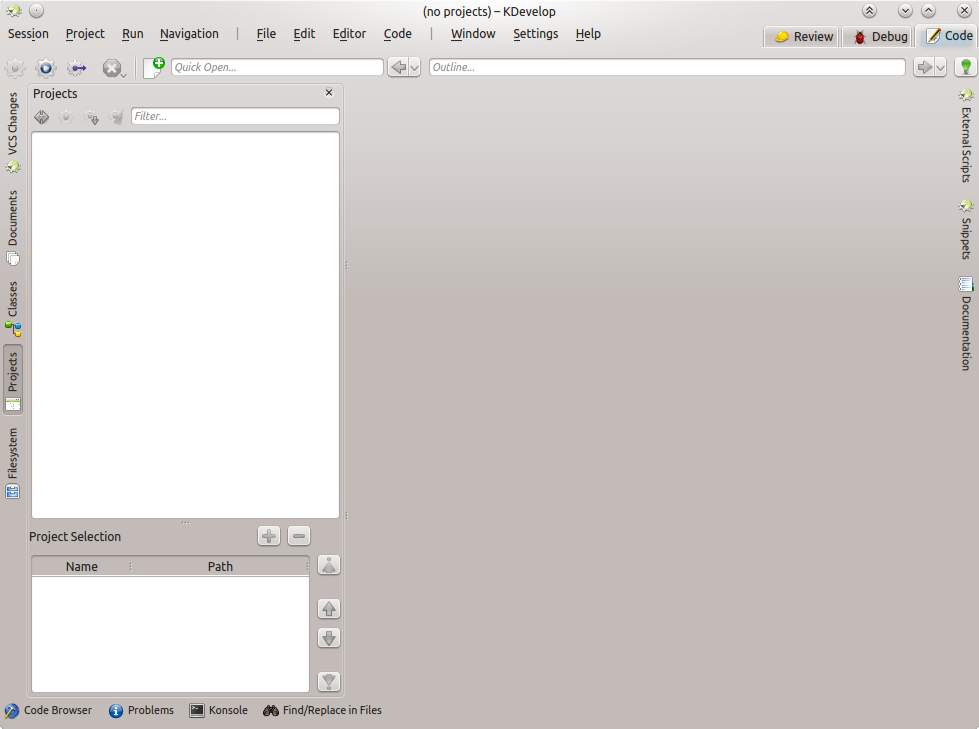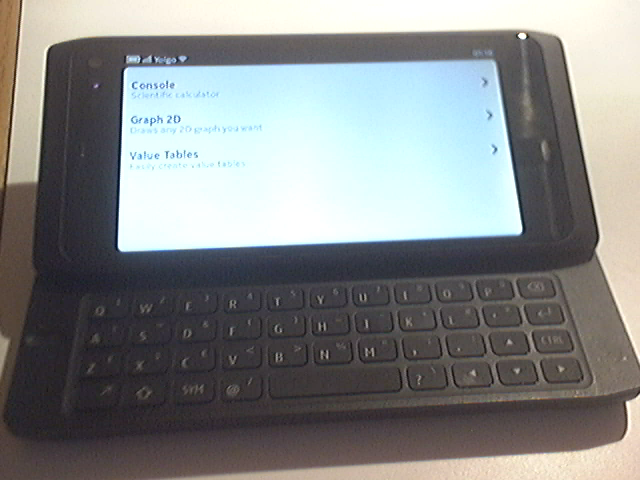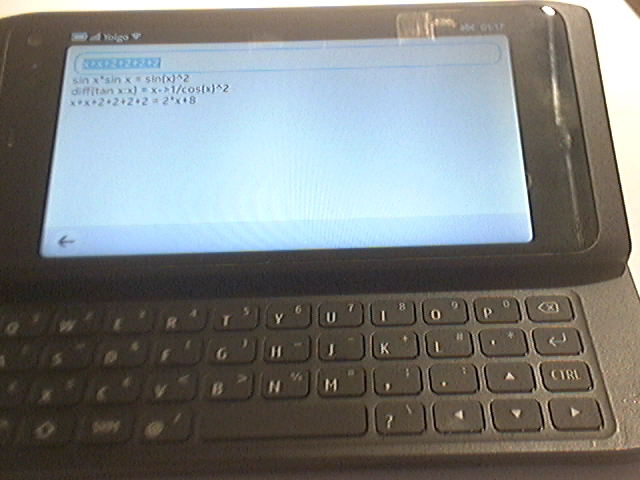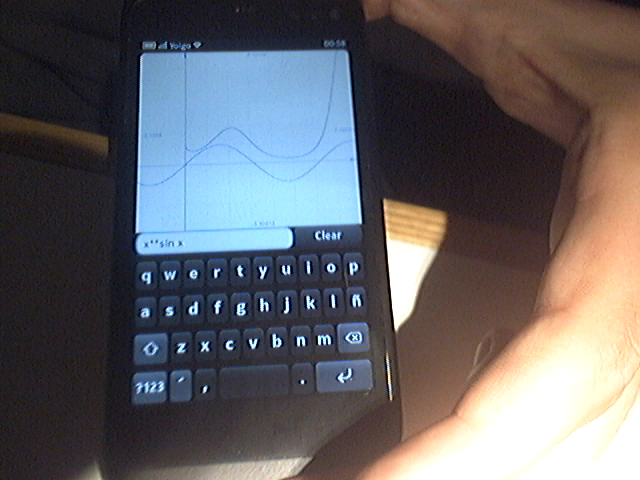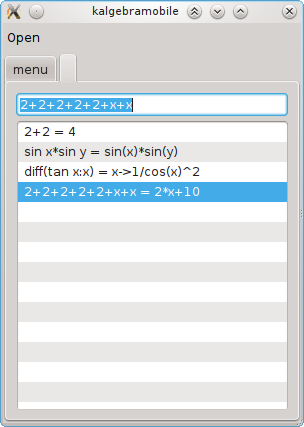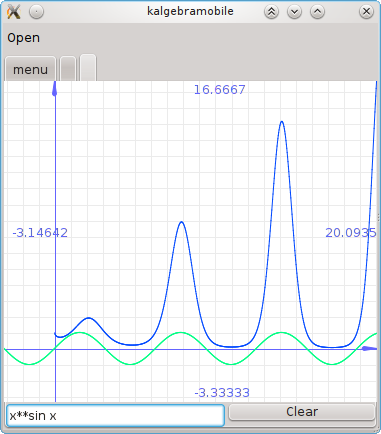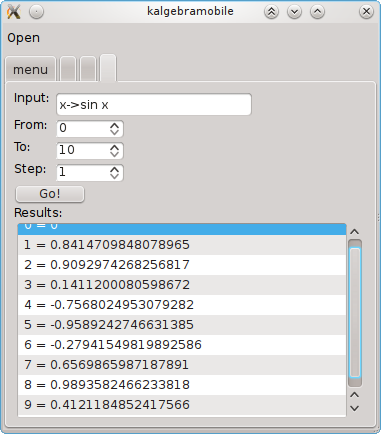These last months have been intense, so intense I needed a bit of a distraction. I’ve always felt some kind of curiosity for the world of 3D printing and, as I’ve said in different occasions, I always push KAlgebra to the limit when I have the occasion.
I had been researching, I’ve never had a 3D printer and I probably won’t have one in years, but I still wanted to figure out how to get do something there. First, I went through many 3D printing services and looked through the different supported formats. To be honest, I implemented the one that looked the simplest, it happened to work quite similar to how OpenGL works internally, so it seemed like a safe bet.

Once I had a working export algorithm, I chose an extremely good looking plot (thanks Percy ;-)) and then I uploaded it over to one of those 3D printing services. The website showed me a preview, it seemed like their software understood the format, so it looked like my job was done. I fiddled with it to get it printed in a reasonable size and submitted it to print and send. For the curious, here’s the formula I used:
piecewise { x^2+y^2+z^2<35 ? 2-(cos(x+(1+5^0.5)/2*y)+cos(x-(1+5^0.5)/2*y)+cos(y+(1+5^0.5)/2*z)+cos(y-(1+5^0.5)/2*z)+cos(z-(1+5^0.5)/2*x)+cos(z+(1+5^0.5)/2*x)), ? 1 } = 0
A couple of weeks later a box arrived to our office. To be honest, it was a bit weird. I was very excited, but then nobody else was when I showed it. Because it's math I guess, and it's boring. I felt a bit like when I used to spend my nights hacking KAlgebra around then show it around. Anyway, I'll say it. A 3D plot, in my hands, to play with them. How cool is that? :D
** crickets **


Now I'm sure you're excited and willing to try it. It will be available in the next version of KAlgebra, that will be released in the KDE Applications 2014.12, which by the way will be the first KAlgebra release based on Qt5 and KF5, and will be featuring many other new features.
And of course, it's free software developed in an open community! If you're feeling adventurous or you just know how to build KDE software, feel free to pull analitza and kalgebra repositories and give it a try! :)
